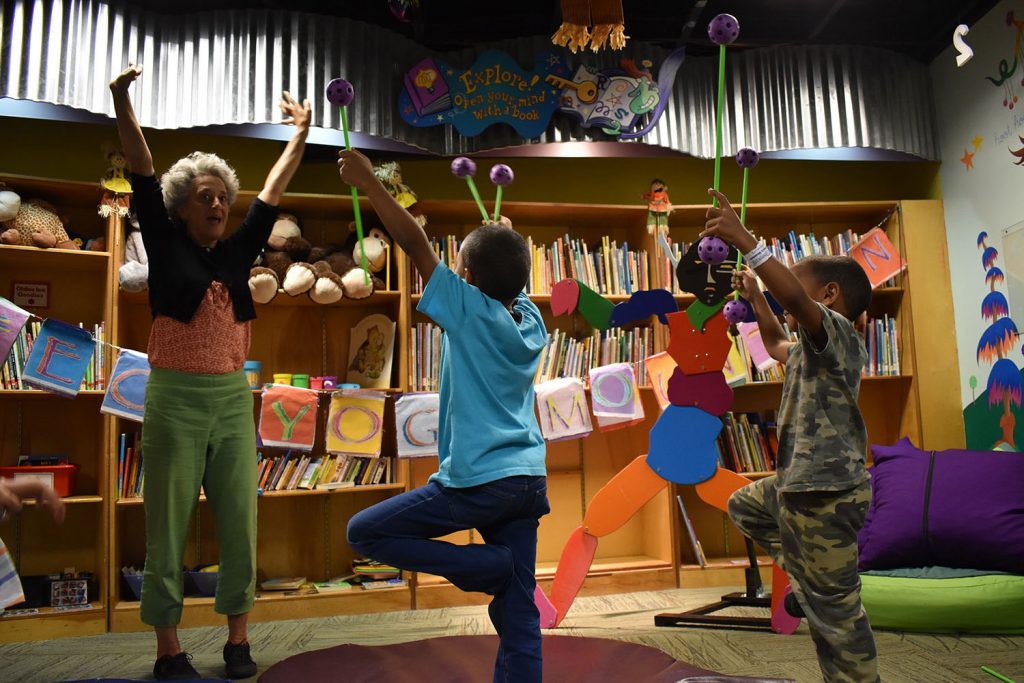
Teaching is one of the most demanding jobs there is…and that’s in a normal year. As we make our way through yet another tough year filled with challenges from the pandemic, overwhelming demands from our work and personal lives, and continuously growing needs from our students and families, burnout can often feel like it’s right around the corner.
Although self-care can sometimes feel like the last thing we have time for, it’s more important than ever that we take time to take care of ourselves, recharge, and find ways to cope with all that we’ve been through – and with what’s ahead. Here are some tips compiled by Rachel Demma, Port Discovery’s Vice President of Education and Innovation, that might be helpful to you as you!
- Remember that self-care is personal, as Harvard University Lecturer Jacki Zeller reminds us in this helpful article. What works for you might be completely different than what works for another person – so it’s important to experiment and find things that will help you recharge and feel better. There are many activities you can try – from taking a walk to finding a few minutes each day to journaling about something you are grateful for spending some time talking to a friend or colleague each day. As Zeller shares, try to find things that feel doable and that you can work into your daily routine as you get started.
- Connect with others to fill your tank. Staying connected with friends and colleagues who bring you joy – and who you can vent to – can help you destress and can help you find ways to take care of yourself, too. The Clay Center for Young Healthy Mindssuggests ideas including scheduling a regular check-in with a colleague once a day or once a week so that you have some dedicated time when you can talk with others about things you are working on, frustrations and concerns, work/life balance, and all sorts of topics both work-related and personal. Some other ideas courtesy of educators who are part of the George Lucas Foundation’s Edutopia online community include making positive phone calls to parents, spending time with loved ones, spending time with animals, and giving back to your community by volunteering.
- Allow yourself to stop. Courtesy of ASCD, this tip is all about taking a few minutes when you can stop and let your brain relax and reset. Even if all you can find is 5 or 10 minutes, find a few moments to pause and do something that might be totally unrelated to work. Take a quick power walk. Go outside and spend time in nature. Close your eyes and take a few deep breaths to help center yourself. Do a few yoga poses or stretches. Your brain will thank you for the quick rest and reset!
- Acknowledge moments of gratitude or joy that you can use to recenter yourself and/or recharge on a particularly tough day. Understood.org suggests journaling down things that you are grateful for – but also things that made you laugh and smile. And taking it a step further, they suggest sharing these moments with others and asking others – including students – to share their own.
Self-care is a vital part of maintaining a healthy mental, emotional, and physical health balance in our lives that make us better educators, both for ourselves, our colleagues, and especially, our students. Learn more about self-care strategies educators can use to maintain and sustain this balance of self-care here.